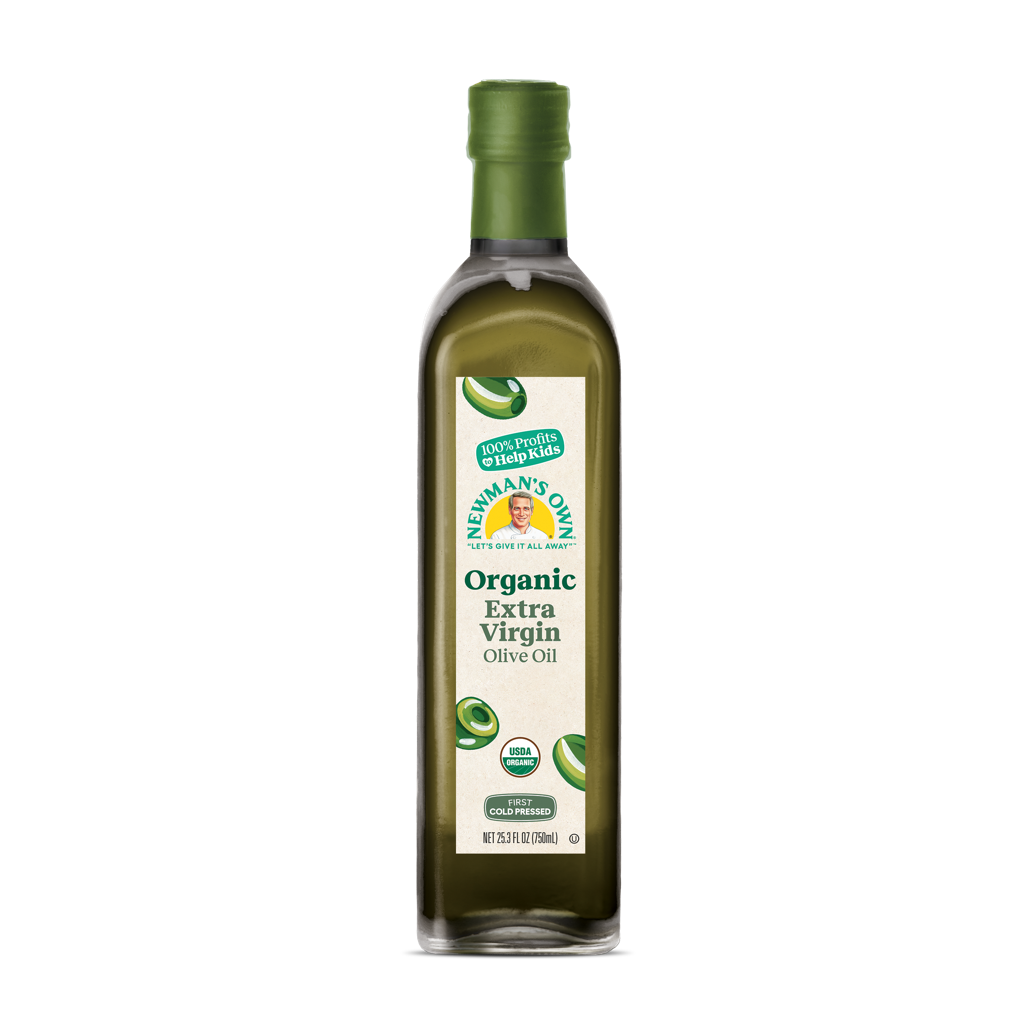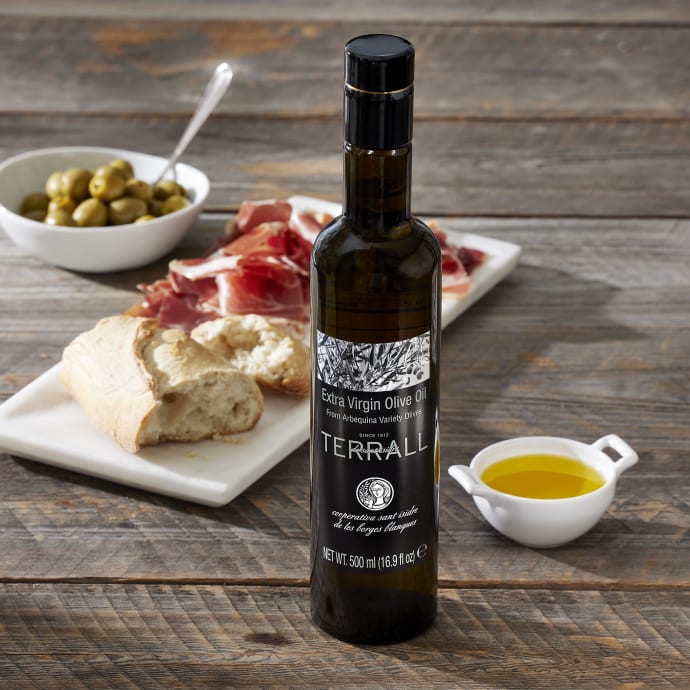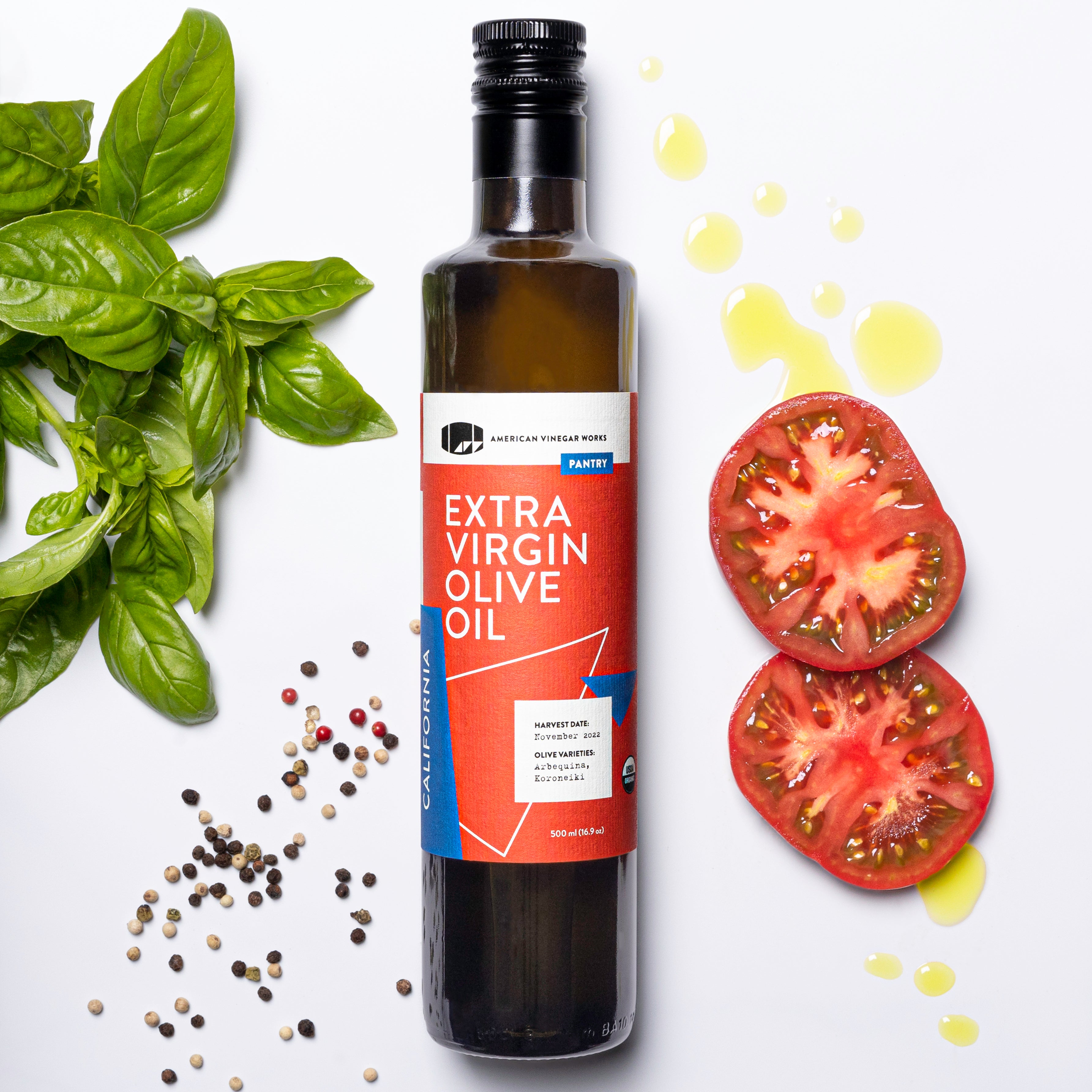The Top Extra Virgin Olive Oil Benefits That Can Transform Your Diet
The Top Extra Virgin Olive Oil Benefits That Can Transform Your Diet
Blog Article
Checking Out the Different Kinds Of Olive Oil and Their Usages, Including Bonus Virgin Olive Oil
The expedition of olive oil includes a varied range of kinds, each offering culinary applications and unique tastes. Additional virgin olive oil, renowned for its superior high quality and health benefits, offers as a staple in many kitchen areas, yet it is just one element of this multifaceted component.
What Is Olive Oil?
Originated from the fruit of the olive tree, olive oil is a staple in Mediterranean cuisine and a crucial active ingredient in various culinary applications. This flexible oil is generated by pushing whole olives, resulting in a liquid that differs in shade, aroma, and flavor relying on the type of olives utilized, the area of farming, and the removal procedure. Olive oil is predominantly composed of monounsaturated fats, particularly oleic acid, which is understood for its prospective health and wellness advantages, consisting of anti-inflammatory properties and cardiovascular support.
Along with its cooking usages, olive oil has a lengthy background of application in traditional medication and skin care, owing to its abundant antioxidant web content (extra virgin olive oil benefits). The oil is usually made use of in dressings, sauces, and for cooking approaches such as sautéing and roasting. Its distinctive taste account can improve the taste of various dishes, making it an important ingredient for both home cooks and specialist cooks
Moreover, olive oil is commemorated for its function in the Mediterranean diet, which is associated with numerous wellness advantages. As understanding of these advantages expands, olive oil remains to get popularity worldwide as a fundamental part of a healthy and balanced way of life.
Types of Olive Oil
Understanding the numerous kinds of olive oil is essential for both cooking enthusiasts and health-conscious customers. Olive oil is categorized mostly based upon its removal method and top quality, which dramatically impacts its wellness, aroma, and flavor advantages.

Light olive oil, regardless of its name, refers to a lighter flavor and not reduced calories. It is excellent for those looking for a much more subtle preference in marinates and dressings. Additionally, there are flavored olive oils instilled with herbs, spices, or citrus, which can boost meals without the need for added spices.
Each type of olive oil offers certain culinary objectives, and recognizing these differences permits customers to make informed selections that line up with their cooking designs and health objectives.
Additional Virgin Olive Oil
Extra virgin olive oil (EVOO) is commonly considered the best quality olive oil readily available, renowned for its rich taste and numerous wellness benefits. To be identified as extra virgin, the oil has to be produced from fresh olives making use of mechanical processes, without the usage of solvents or excessive warmth. This meticulous approach preserves the oil's all-natural tastes, antioxidants, and healthy and balanced fats, my link resulting in an item with a reduced acidity degree of much less than 0.8%.
EVOO is plentiful in monounsaturated fats, specifically oleic acid, which is linked to minimized swelling and improved heart health and wellness. It also includes polyphenols, effective antioxidants that may use safety impacts versus persistent conditions. The flavor profile of EVOO can differ significantly depending upon the olive selection and area of production, ranging from verdant and fruity to robust and peppery.

Culinary Uses of Olive Oil

In cooking, olive oil can be made use of for sautéing, toasting, and cooking, giving a much healthier choice to butter or various other fats. Its high smoke point makes it appropriate for various cooking methods, while its antioxidants add to a heart-healthy diet regimen. Showering olive oil over completed meals, such as pasta, fish, or grilled vegetables, can boost tastes and add a touch of beauty.
Moreover, olive oil plays a significant duty in cooking, where it can replace conventional fats in dishes for bread and breads, giving moisture and a refined preference. It likewise acts as a base for instilled oils, enabling chefs to experiment with tastes such as garlic, herbs, or chili, further increasing its cooking potential. Overall, olive oil's convenience makes it use this link vital in both home and expert cooking areas.
Deciding On Quality Olive Oil
When picking high quality olive oil, it's vital to consider a number of essential variables that influence the item's aroma, health and wellness, and flavor benefits. Choose for added virgin olive oil (EVOO), which is derived from the very first cool pressing of olives and consists of the highest possible levels of antioxidants and valuable compounds. Try to find oils that are licensed by recognized organizations, as this usually guarantees adherence to rigid top quality standards.
The packaging additionally plays a significant function in preserving the oil's integrity. Select oils saved in dark glass containers or tins to protect against light deterioration. Take note of the harvest day; fresher oils offer exceptional flavor and dietary worth, so pick items that are within 18 months of their harvest.
Be conscious of the taste; a good top quality olive oil need to have an equilibrium of fruity, bitter, and sharp notes, suggesting its richness and intricacy. By reviewing these aspects, you can ensure you are choosing the ideal olive oil for your cooking requirements.
Conclusion
In summary, the expedition of various sorts of olive oil discloses unique qualities and applications, with extra virgin olive oil standing for the peak of quality as a result of its reduced acidity and high antioxidant web content. Its adaptability in culinary usages improves flavors in dressings, sauces, and sprinkles. Understanding the various ranges of olive oil permits notified choices in food preparation techniques, advertising healthier practices while improving the overall gastronomic experience. Quality option stays crucial for optimum benefits.
Derived from the fruit of the olive tree, olive oil is a staple in Mediterranean food and a crucial ingredient in numerous culinary applications.The most typical kinds of olive oil include fine-tuned olive oil, pure olive oil, and light olive oil.Extra virgin olive oil (EVOO) is commonly regarded as the greatest top quality olive oil available, renowned for its abundant taste and various health and wellness advantages. Opt for additional virgin olive oil (EVOO), which is obtained from the initial cold pressing of olives and consists of the highest possible degrees of antioxidants and useful substances.In recap, the exploration of various types of olive oil exposes unique features and applications, with extra virgin olive oil representing the pinnacle of quality due to its low acidity and high antioxidant material.
Report this page